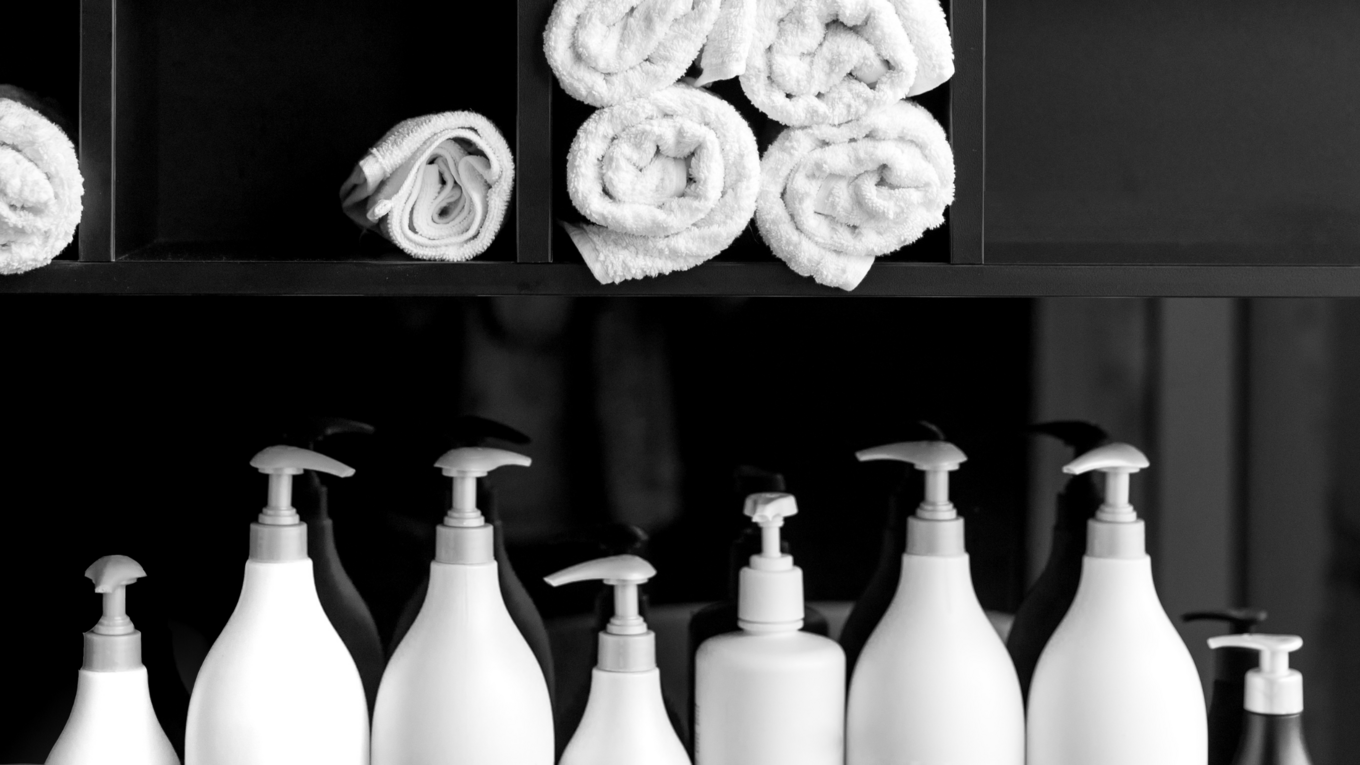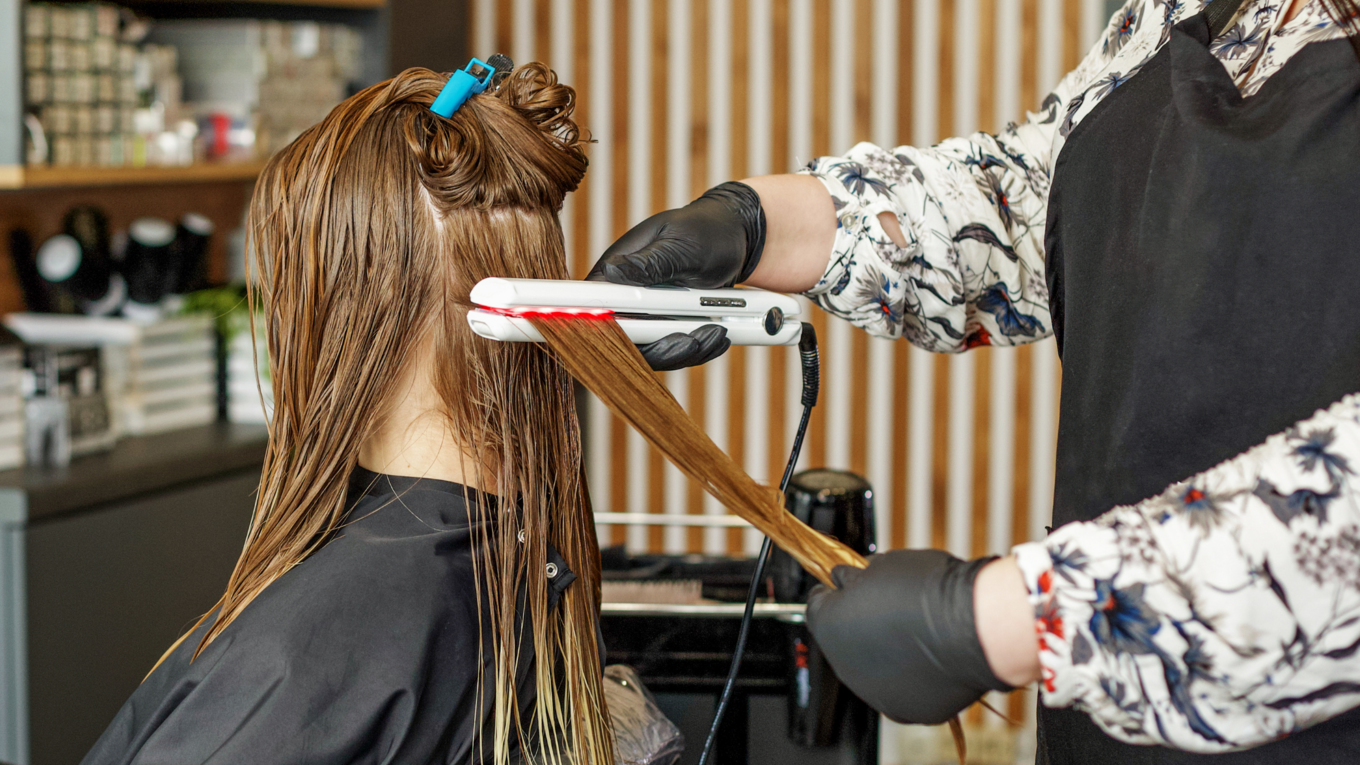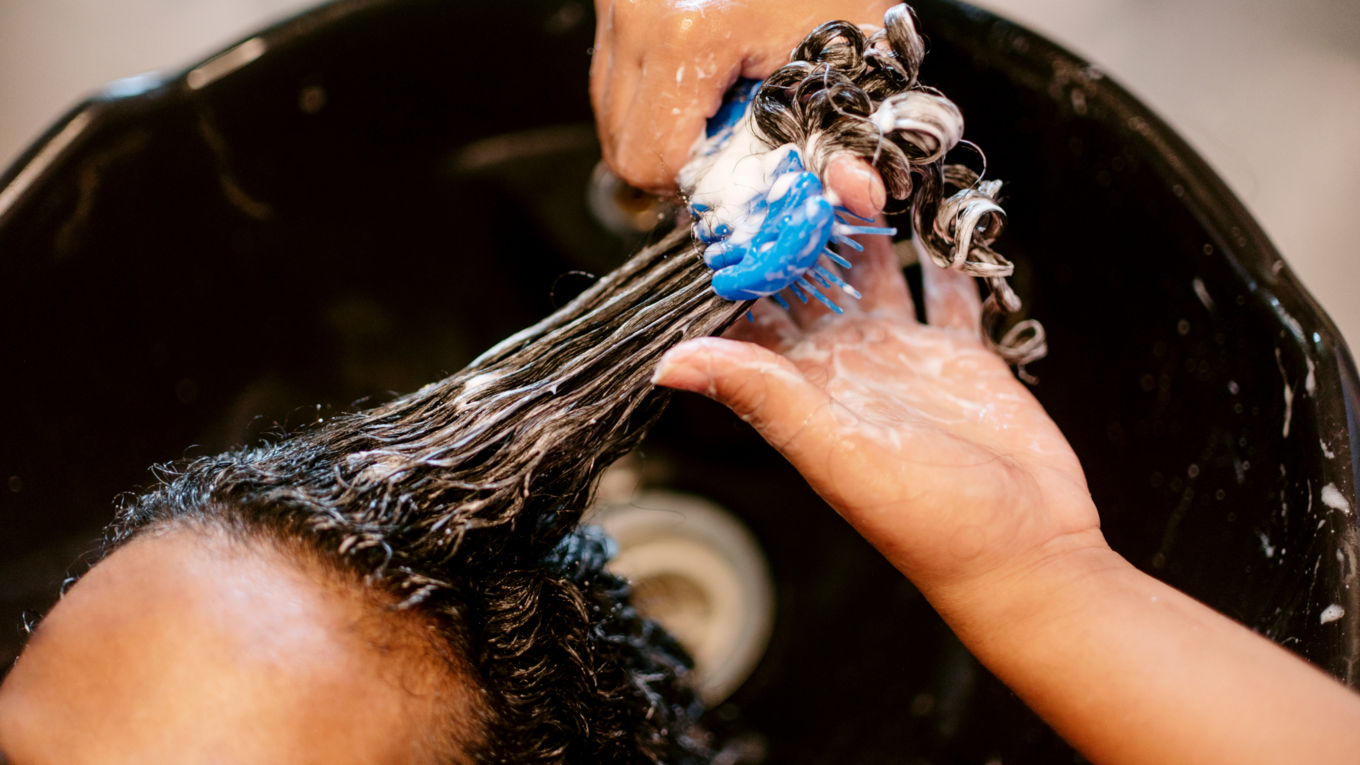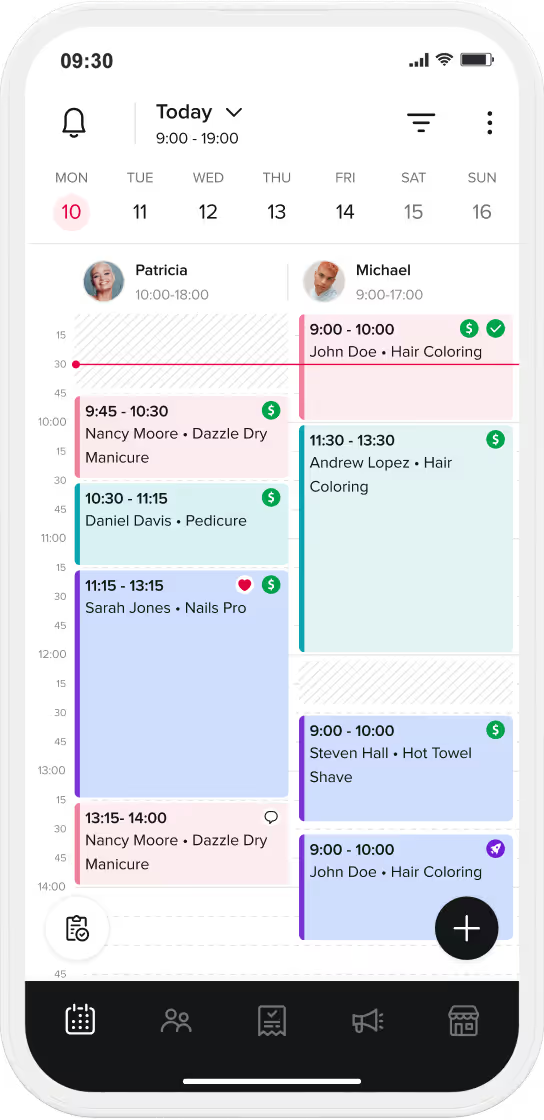

By as early as April, the FDA may ban the use of formaldehyde in hair straighteners. This pending decision primarily stems from formaldehyde's link to serious health issues like a doubled risk of uterine cancer among other health conditions in users. As a beauty professional, let's dig into what this means for you, how it could impact your business, and what proactive steps you can take.
Doubling of Uterine Cancer Risks in Women Using Hair Straightening Products
Formaldehyde, known for its effectiveness, has been a core ingredient in many hair straightening treatments. In the past, the FDA found that these straightening products have been associated with reactions such as eye problems, headaches, dizziness, respiratory tract problems, nausea, chest pain, vomiting, and rash. Recent studies, however, point towards more serious health risks including increased chances of uterine cancer. According to the National Institutes of Health, women using hair straightening chemicals more than four times a year were over twice as likely to develop uterine cancer.
The Disproportionate Impact of Straightening Product Risks on Black Women
This issue is particularly concerning for Black women, who are more frequent users of hair relaxers and straighteners. The health risks from these products add another layer to the existing healthcare disparities faced by the Black community, and it's something we should all be concerned about.

Public Reaction and Concerns
Clients are starting to take notice. As awareness grows, expect questions from your clients about the safety of the products you’re using. Now’s the time to get informed so you can answer their queries confidently.
Industry Response
Some brands are already changing their product formulas, omitting formaldehyde and its derivatives. They're also being more transparent about what goes into their products. This is a strong signal that even if the FDA doesn't enforce a ban, the industry itself is moving toward safer options.
FDA's Evaluation Process
The FDA is currently in an evaluation phase. They're collecting expert opinions and holding public hearings. While the final decision has not yet been made, it's anticipated by April, meaning the clock is ticking.
What Countries Have Banned Formaldehyde?
Countries like Canada, Japan, China, Australia, and the European Union have already imposed restrictions or outright bans on formaldehyde in personal care items.

Being proactive instead of reactive is crucial here. While waiting for the FDA's decision, consider trying out formaldehyde-free hair straightening products. Not only will this prepare you for possible changes in regulations, but it’s also a proactive way to address client concerns.
As you navigate these changes, remember this is a golden opportunity to build trust with your clientele. For instance, highlighting that you offer formaldehyde-free services can set you apart in client searches. Consider leveraging marketing tools, similar to Booksy's Message Blast feature, to communicate these updates directly to your client base. Also, sharing posts on social media platforms using tools like Social Post Creator can provide clients with a direct link to book these safe services with you, making their lives—and yours—easier.
When sourcing alternatives, keep an eye out not just for formaldehyde, but also for chemicals that might contain or release formaldehyde when heated, such as:
Be cautious: even if formaldehyde isn't listed as an ingredient, a product may still release the chemical under specific conditions. Always read labels carefully and consider testing new products before fully incorporating them into your services.
While it's difficult to provide a comprehensive list of formaldehyde free hair straighteners, WomensVoices.Org has compiled a list of hair straighteners that do contain or release formaldehyde to help you identify ones to be cautious of.
*Disclaimer: The list is based on information available at the time of publication and is not comprehensive. Regulations and product formulations can change, so it's crucial for professionals to conduct their own research and consult Safety Data Sheets (SDS) and other reputable sources for the most current information. Booksy is not responsible for any errors or omissions in this list.

Navigating changes like a potential formaldehyde ban might seem daunting, but it's also an opening to elevate your business. By staying informed and proactive, you're not just meeting a new standard—you're building a foundation of trust with your clients. That's a game-changer in this competitive industry. And you're not in this alone; we are here to provide you with the practical tools and valuable insights you need to make adapting to these changes as smooth as possible.
Disclaimer: This article is intended for informational purposes only and does not serve as medical advice. Booksy is not liable for any actions or decisions you may make based on this information. While we strive to provide accurate and up-to-date information, for definitive answers on the subject, we recommend consulting with local or governmental health authorities or the FDA.

